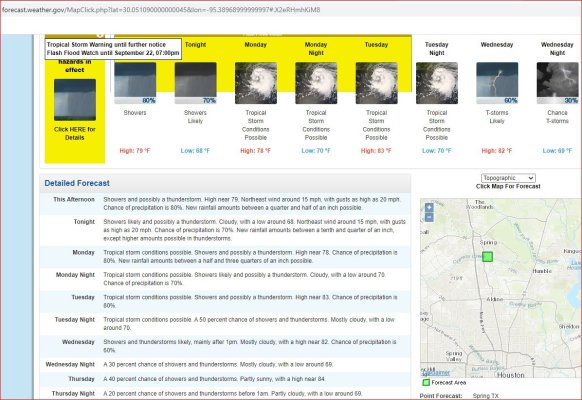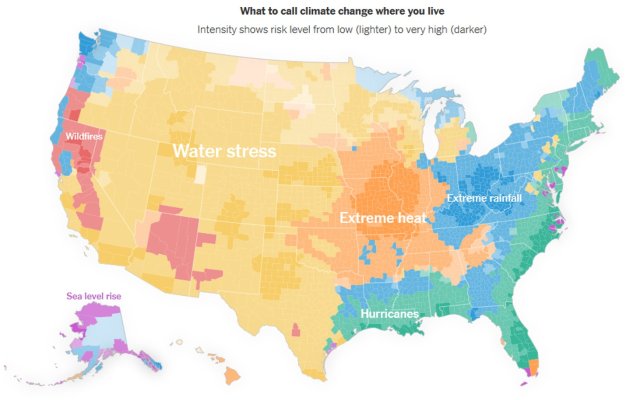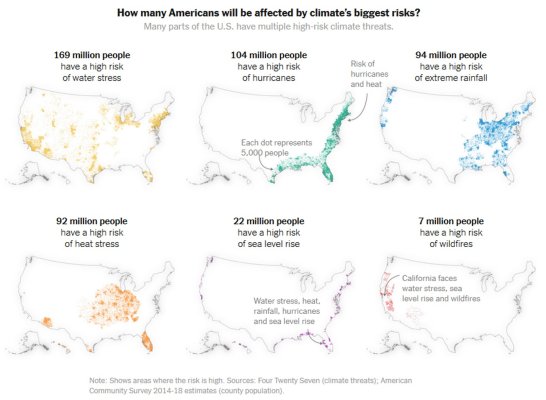Sure. Any change in weather may be attributed to climate change, which has a great deal of explanatory power. Higher or lower temps, more rain or less, flooding or drought have all been attributed to it.
Well DUH - that's why they call it climate *change* !

Actually one has to be very careful about such statements, and both are not quite correct. First, "climate" is the long term average of the weather. To determine the climate, one has to average the things one is interested in, like temperature, rainfall, numbers of fires etc, over time periods so that the average becomes stable, i.e. one has "good statistics", as the scientist would say. For events that are more rare, like floods or fires, this may take many years to get a meaningful answer; a good way to get a sense of this is how many of the "events" you are interested in occur in the time window you use for averaging.
The statistical error of your result can be estimated from the square root of the number of events you have. It's the same kind of deal as with the margin of error in election polling, where a bit more than 1000 poll participants gives you an error bar around 3%. So to count e.g. flood probabilities, you need a window with 1000 floods to determine things with around 3% accuracy; and that can be a pretty long time window.
That part gives you the climate. To measure climate change, you now have to compare two long enough windows so that the difference in the number of events in the two windows is outside the statistical error bar. And that is starting to become a rather tricky proposition.
To tie individual weather events like today's flood or today's fire to a change in climate usually does not work. It is comparable to an election where last time party A won, but this time party B won, and then picking a random voter from this election and automatically assuming he must have voted for party B, because on average the voters this time voted for party B. It just doesn't work that way.
Since climate change is overall a topic that draws many emotions, it is important to try to be as clear as possible about these underlying concepts, and in particular to be very careful when trying to explain certain weather effects you observe in terms of the actual, long term, slow change of the climate.



